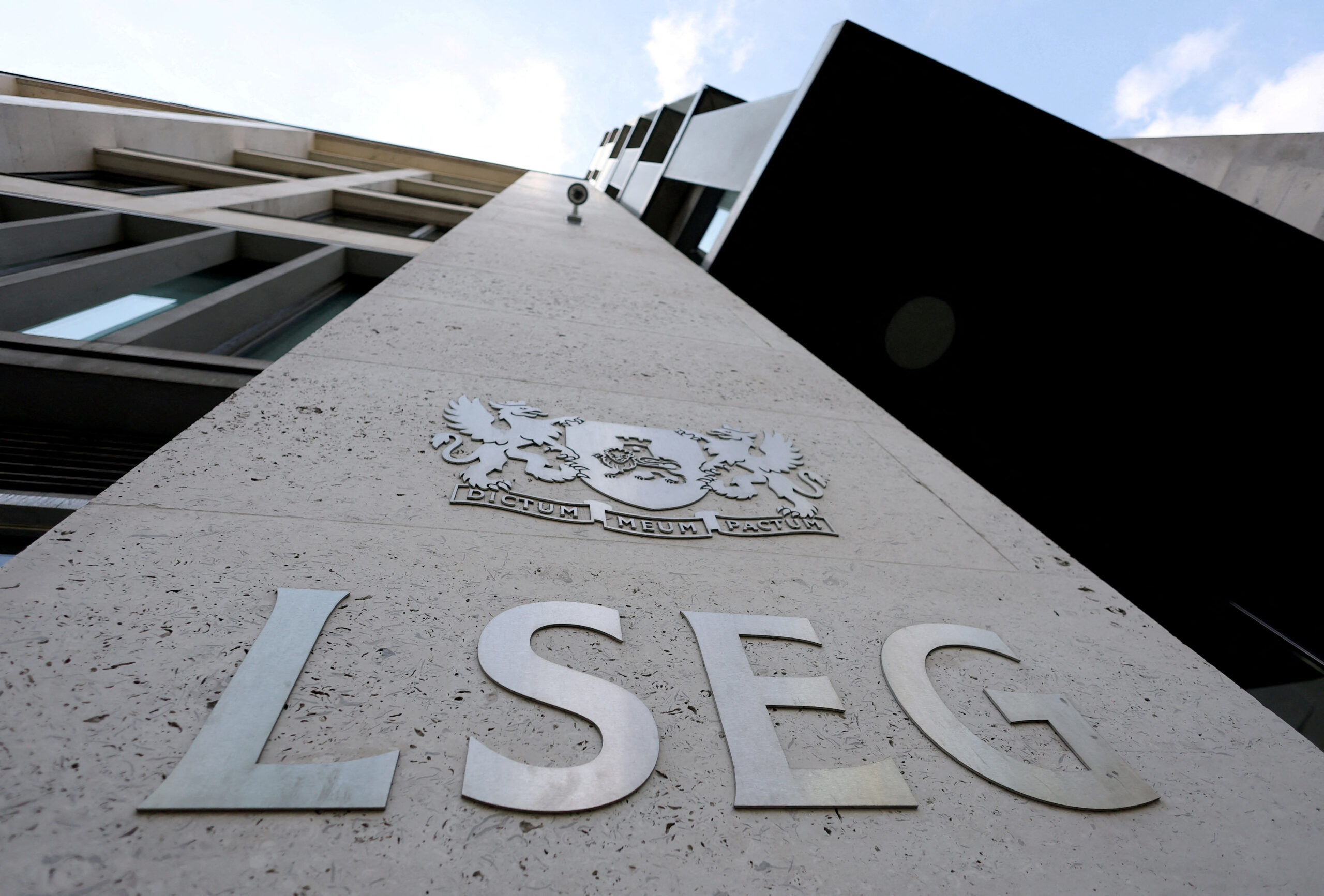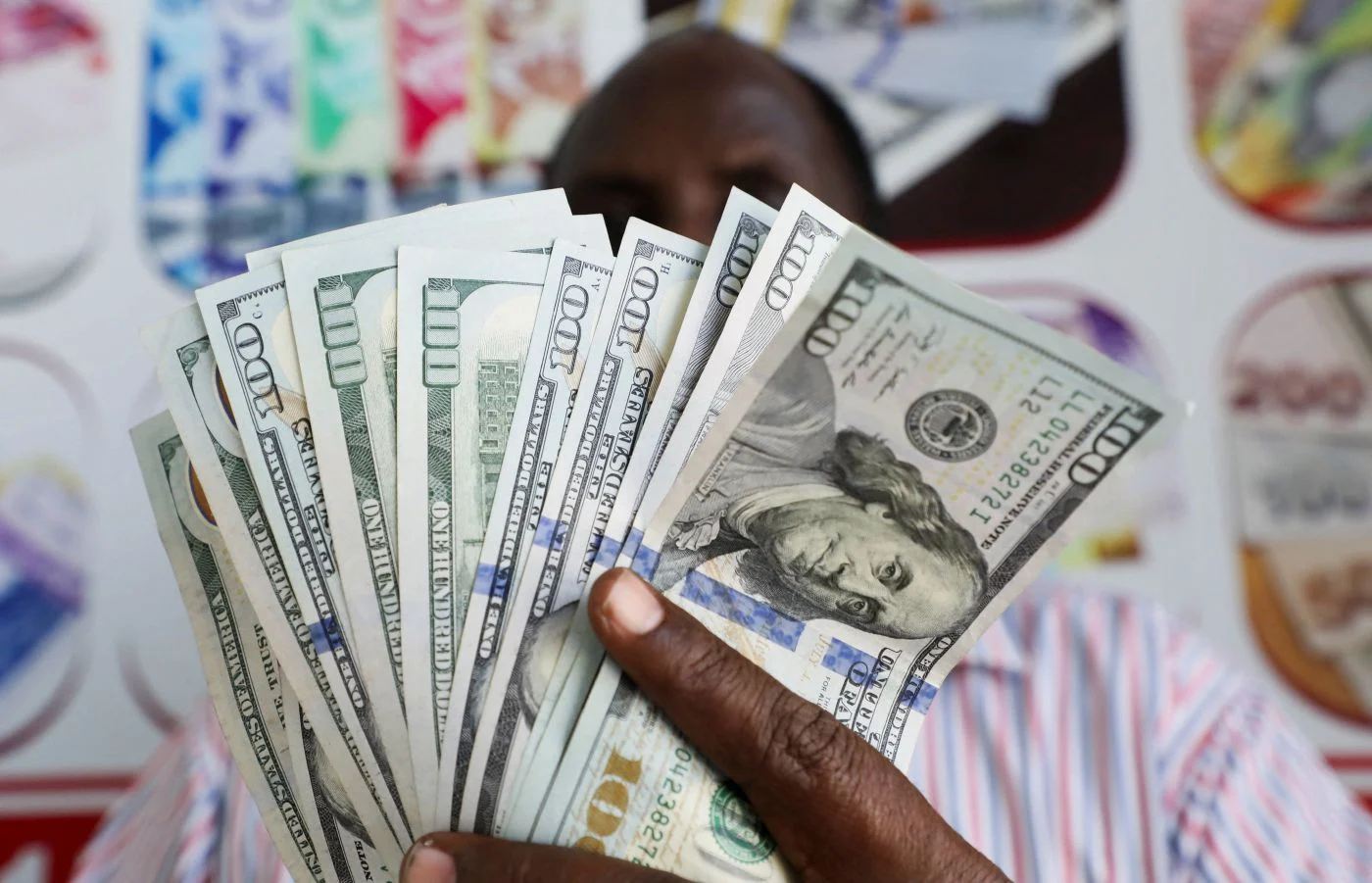We are not buying fuel in dollars from Dangote Refinery- PETROAN
The Petroleum Products Retail Outlets Owners Association of Nigeria (PETROAN) announced that the Dangote refinery had not yet initiated transactions in foreign currencies, despite the threat to begin selling petroleum products in dollars.
Billy Gillis-Harry, the President of PETROAN, observed during an interview with Arise Television that his members continue to purchase products in the local currency of Nigeria, the Naira.
Gillis-Harry stated that PETROAN had not been formally informed of any changes to the sale of products, nor had the prices of petroleum at the depots increased as of Wednesday, despite the announcement of potential suspension.
“So far as I am aware, our members who purchased products are still purchasing them in Nigeria and Naira as of yesterday.”
“Additionally, I am under the impression that Dangote is not interested in inciting hysteria within the system. However, he is also emphasizing the importance of the refinery’s financial stability, a sentiment that any businessman should share. Gillis-Harry further stated. However, I am unable to verify that buying in US dollars has occurred as of today.”
On March 19, Dangote announced the temporary suspension of the sale of petroleum products in Naira. This move suggests that the company is unable to continue dispensing in the local currency while procuring crude oil in dollars.
The facility in Lagos, which is owned by Africa’s wealthiest individual, Aliko Dangote, issued a statement indicating that it will encounter a discrepancy between its petroleum oil purchases and sales proceeds if it persists in selling in the Naira.
Despite the numerous meetings that have been held to resolve the issues since that time, no agreement has been reached.
However, Gillis-Harry emphasized that PETROAN has been at the vanguard of the advocacy for the sale of Nigerian crude oil in Naira, and that the organization is of the opinion that the policy should be maintained.
“And if that decision is to be reviewed for any reason, I believe that it should be conducted in a comprehensive stakeholder value chain. This will prevent the perception that the government just awoke to these two policies. The industry has already established a stakeholder forum.”
The Minister of Petroleum (Oil) is the chairman of the Petroleum Industry Stakeholder Forum.
“We are of the opinion that this decision should be presented to the stakeholders in order to allow us to collectively evaluate the advantages and disadvantages of each of these policies,” the PETROAN president stated.
The organization also stated that the prices of products will continue to fluctuate, as they are influenced by a variety of factors, such as the landing cost of products. It was explained that the organization is unable to provide a commitment regarding the increase or decrease in prices.
“The cost of petroleum products, particularly PMS, is influenced by a variety of factors, including the cost of production, the cost of delivery, and the total cost of landing.”
Therefore, any modification to any of these variables will undoubtedly influence the price.
“We will reduce our prices if the cost decreases.” If the cost increases, we will increase the pricing. Therefore, it is not irrevocable, and we are optimistic that it will continue to fluctuate until we are able to provide it at a specific average.
Gillis-Harry reiterated the organization’s previous statement that Nigerians should refrain from engaging in frantic purchasing of products, stating that the circumstances that will determine the existence of a product scarcity have not yet been established.
“To the best of our knowledge, we possess petroleum products.” Water is present in the majority of our retail establishments. Additionally, the quantity of products available is not sufficient to be exhausted in a single day. Therefore, there will be no necessity to engage in frantic purchasing.
“However, the cost of one liter of PMS will continue to be determined by the factors that determine the quantity produced and the quantity that reaches our retail outlets,” he stated.
Nevertheless, he observed that the businesses of its members had continued to be impacted by the fluctuation in prices.
“It is eroding our purchasing power, income, and capital to invest.” Gillis-Harry contended that this could be one of the reasons why importers increased their imports, particularly if their prices can compete favorably and offer reduced prices to retail outlet owners and marketers.
news via inbox
Get the latest updates delivered straight to your inbox. Subscribe now!




